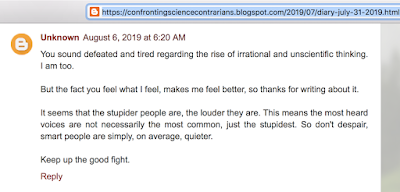Here’s my third Pageant of Evolution, Four Corners Free Press column, again I couldn’t avoid starting back at the beginning, but this time it feels like I’ve gotten the solid footing that was evading me previously. I admit I don’t feel particularly pleased with the first and second, but I do like this third essay and look forward to seeing how well I manage to finish the story of our Earth’s Pageant of Evolution.
My next column will continue into the Metazoic and Cenozoic when Life started utilizing all the resources and potential that Earth had spent all those billions of years processing and developing. The period that highlights how much environment and climate dictates how Life evolves and who thrives or dies.
Four Corners Free Press, August 2019
In last month’s celebration of Earth’s Pageant of Evolution I touched on the interplay of tectonics, geochemistry and archaic life. The intimate love-making of Earth's geology and biology - to put it poetically rather than scientifically.
Getting back to the science, scientists have learned about the why and how of various ocean bottom structures that provide the catalyst between geochemistry and biochemistry, by helping bind basic molecules into complex organic building blocks of life.
This month to convey the immensity of Deep Time I’m scaling down Earth’s 4.6 billion years to 24 hours. A billion years take 5 hours plus change, 3.2 million years tick by every minute. Our human story fits into Earth’s past 4-5 seconds. Imagine that.











